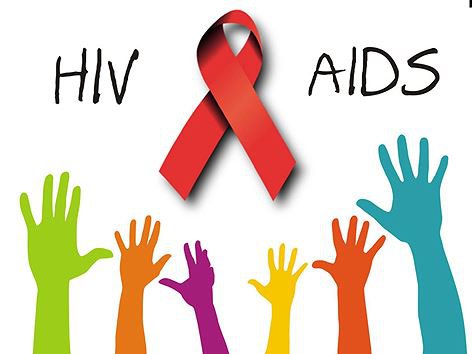Reflection
23rd Sunday in Ordinary Time | Year A
Matt 18:15-20
Jesus said to his disciples: ‘If your brother does something wrong, go and have it out with him alone, between your two selves. If he listens to you, you have won back your brother. If he does not listen, take one or two others along with you; the evidence of two or three witnesses is required to sustain any charge. But if he refuses to listen to these, report it to the community; and if he refuses to listen to the community, treat him like a pagan or a tax collector.
‘I tell you solemnly, whatever you bind on earth shall be considered bound in heaven; whatever you loose on earth shall be considered loosed in heaven.‘I tell you solemnly once again, if two of you agree to ask anything at all, it will be granted to you by my Father in heaven. For where two or three meet in my name, I shall be there with them.’
Reflection
Jesus sets out a process for dealing with the hurts that we sometimes inflict on one another. We don’t always have full knowledge of one another’s situation or sensitivities, so it is possible for someone to unwittingly hurt us and not even know that this has happened.
The process described by Jesus is the antidote to brooding on the hurt, or dealing with it in ineffective ways. Being abrupt in ordinary dealings with the offender, giving them the cold shoulder, running the person down to others – these reactions do not take us forward in dealing with someone who does not realize that they have been the cause of hurt for us. Dealing with our pain in these ways compounds our sense of powerlessness in the face of what has been done, and we ultimately harm ourselves. The facts can become distorted in our minds, and everything the offender does is interpreted through this distorted glass. There may even be a point where our brooding and passive response results in a damaging outburst of emotions.
By “having it out alone” with the person who has caused offence we reclaim our sense of self-worth. There is an opportunity to consider what happened with the person concerned, who may have had no intention of hurting us. The sooner we do this the better, as it prevents the hurt becoming our main focus and disrupting our lives and the distortions which brooding can cause.
If the person has hurt us intentionally rather than unwittingly, it is also vital that we have the courage to follow this process. It may mean that we have to go quickly to step 2, involving someone else in supporting us, especially if we have good reasons to fear the other person. “Suffering in silence” allows the hurt to corrode our sense of self-worth and magnifies the harm which has already been done by the offender.
If we have been the offender and someone approaches us about what we have done to them, either unwittingly or deliberately, our first task is to listen and acknowledge that that they have been hurt. We can seek to explain our side of the event, but it must not be done defensively or aggressively if an escalation to step 2 is to be avoided.
Our human dignity is a gift of God. It entitles us to respect and right treatment. Sometimes we need to remind others of this, and sometimes we need to remember that others have this gift as well.
The List of Contributions Received by Caritas Vietnam
1. The list of 2024 contributions to the Caritas Vietnam general charity fund
2. The list of 2023 contributions to the Caritas Vietnam general charity fund
Latest project information
Copyright © 2018 by COMMISSION on CHARITY and SOCIAL ACTIONS - CARITAS VIETNAM
Total visits: 26,264,926
















